About Us

This black & white picture is of the Gunthorp family in 1998.
In 1994, Theodore Gunthorp told his son, Greg, that business was over for the independent hog farmer. For four generations at that point, the Gunthorps had raised pigs on pasture, using them as a tool to clean up remaining grain after harvest, to prepare hay fields to be turned back to crop ground, and to help keep the farm afloat in the process. Greg was stubborn, and wasn’t about to let go of that heritage. He didn’t want to be the last Gunthorp to raise pigs. He bought the sow herd from his father and went his own way on the 65 acres he had bought just down the road.
In 1998, Greg realized his father was right. The hog market crashed and he was selling pigs for less than what his great-grandfather did during the great depression. He would have been far from alone to hang up his hog farming hat and go take a job in town, but he still didn’t want to be the last Gunthorp to raise pigs.
Around that time, Greg was speaking at a conference. After the presentations had ended, he found himself in a conversation in the back of the room. One of the men mentioned a friend retiring who had been selling pigs into a restaurant in Chicago. “You ought to give them a call” he told Greg, so that’s what Greg did. The name “Charlie Trotter” didn’t mean anything to Greg when he picked up the phone, but “Bring me a pig” turned into a trip to the big city where Greg found himself delivering a whole hog into the restaurant that had just been awarded The Best Restaurant in the World for Wine and Food by Wine Spectator magazine. It was a foreign world for the Indiana farm boy, but he had just broken into the foodservice market – a niche that would keep the farm afloat and give the next generation the chance to carry on.
Today, Greg, his wife Lei, and son Evan are still full-time on the farm, running 240 acres with about 15 employees and lots of help from surrounding family members and friends (still including Theodore, or Grandpa Ted as we call him.) The farm has undergone many changes since the original 65 acres of pig pastures in ’98 with the addition of pastured chickens around the year 2000, ducks in 2002, a USDA inspected processing plant in 2004, turkeys in 2007, a new property a half mile east of the main farm in 2011, a property a half mile south of the main farm in 2016, and sheep in 2021. We currently raise, process, and sell pigs, turkeys, ducks, and sheep.
Our farming practices align with those of our past generations, using the animals as tools to shape our landscape, managing our placement of animals to limit damage to the soil, minimizing costly inputs, and maximizing the productivity of our land. Unlike generations before us, we have access to modern fence chargers and poly pipe, allowing us to contain and water our animals at higher densities and more frequent moves than those before us. Further, research has come a long way allowing us to draw hard lines on zero use of pesticides, herbicides, fungicides, or synthetic fertilizer on our land.
Over all the generations raising animals, we’ve also been eating them; we pride ourselves in producing the food that we want to feed to our family. We do not use any steroids, growth hormones, or mRNA vaccines. We minimize our use of anthelmintics. We regard antibiotics as a last resort treatment; as of this writing in 2024, we’ve never given antibiotics to poultry and have not treated a single pig in several years. We focus on keeping our animals comfortable with the lowest stress possible by providing them what they need to flourish and then leaving them to be the animals that they are.
